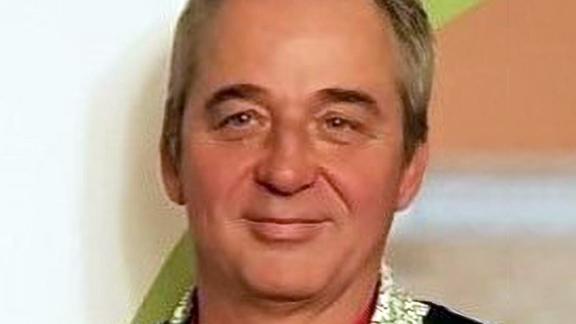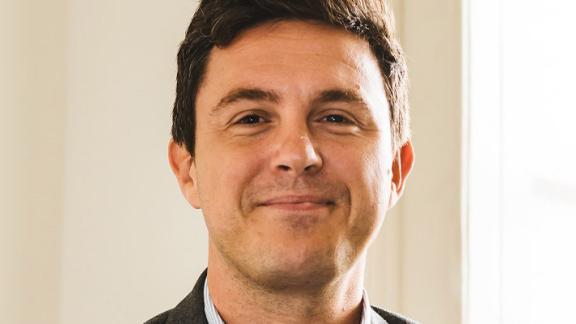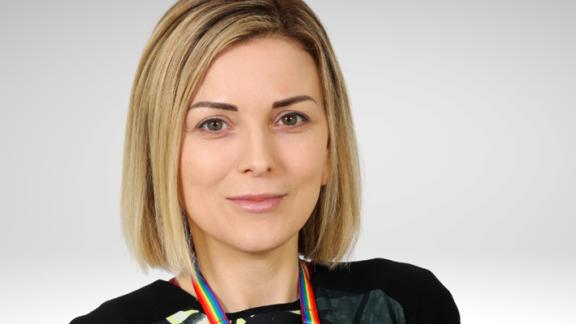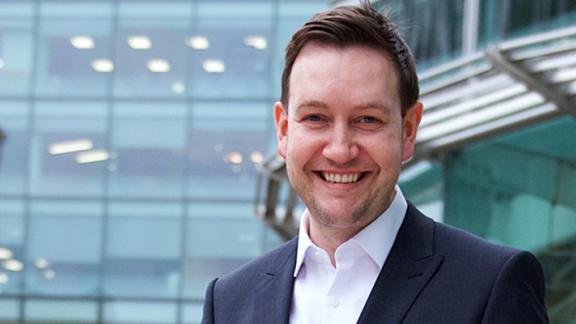NHS Reset: COVID – The good, the bad and the improvements

NHS Reset is an NHS Confederation campaign to help shape what the health and care system should look like in the aftermath of the pandemic.
In this blog, Mark Sanders highlights feedback from the local community on five key areas that need attention in the event of another pandemic.
The response to the pandemic has seen major changes in the way services are delivered – and people’s expectations of them. This all happened quickly with a general understanding that a speedy response was needed and that the usual approach to engagement was not possible. As we settle down, we need to think about how we want services to look – and what we can learn from the pandemic.
At Healthwatch Bracknell Forest, we totally changed our approach, finding new ways to support local services.
Healthwatch Bracknell Forest has been running the COVID-19 community helpline and volunteer coordination in conjunction with Bracknell Forest Council since 16 March.
To date over 20,000 incoming calls have been received with more than 2,500 volunteer tasks allocated by area coordinators across the borough. Healthwatch Bracknell Forest has gleaned a myriad of information from all areas, however the things needed to be thought about to reset or be done differently should we return to any pandemic are:
Shielding: People are generally anxious. However when it comes to food parcels and online shopping, the vast majority would like the two questions separated as a lot of time has been taken up getting parcels and then stopping them when the shielded person only needed and wanted online shopping.
Services: Most people have had to change the way they access health and social care services and this opportunity now needs to be seized upon to change services where we can for the better and never go back to GPs doing everything, consultations having to be in person, etc. Now is the time to understand and support changes in patient and public behaviour.
Communication: Communication between GPs, NHS England and others needs to be timely and useful. Most people felt that the general messaging was good, however specific messaging for shielders about going out and meeting people, etc was at best ambiguous and at worst not helpful as it came days after general population announcements of similar issues. Too many calls made to people which got confusing. National helplines, local authority helpline calls, social worker calls, social prescriber calls, community and voluntary sector calls. Calls need to be agreed by a lead partner or agency.
Education: Healthwatch Bracknell Forest has spent a lot of time informing GPs, social workers and others about the differences between shielding, isolating and distancing, and this needs to be controlled more centrally.
Volunteering: National schemes need to be integrated with existing volunteers where it can be. Great ideas can sometimes cause confusion and blurred lines if integrating DBS and non-DBS jobs which are not monitored nor is there a feedback mechanism where safeguarding could be an issue.
Energy has never been better for volunteering so we need to be able to put some money into harnessing that locally. National grants /aid applications need to be made simpler for smaller community voluntary services (CVS) who are critical to recovery.
Although we were working on a quite specific area, many of the things we heard are relevant to health and care generally. Putting people at the centre of health and care is crucial, but the ‘one size fits all’ approach that people experience when shielding worked against that, leading to confusion.
The area that has seemed most challenging is communication. There was a lot of it but it wasn’t always helpful (and didn’t always seem consistent). Although we understand that the situation was changing rapidly, the confusing messaging made the situation worse. This was not only a problem for the general public, but often those providing services.
From our experience, we can see that people are more than willing to support health services. This includes their willingness to adapt to new ways of working – as many people have with digital consultations – but also the huge numbers of people signing up as volunteers, locally and nationally. Health and care recognising the importance of food and social contact was important, and in many areas this was supported by local volunteers. When we talk about ‘integration’ we should remember that this is not only about health and social care, but about health and social care working the CVS organisations and in the wider community.
Mark Sanders is project manager at Healthwatch Bracknell Forest. Follow them on Twitter @healthwatchbf



